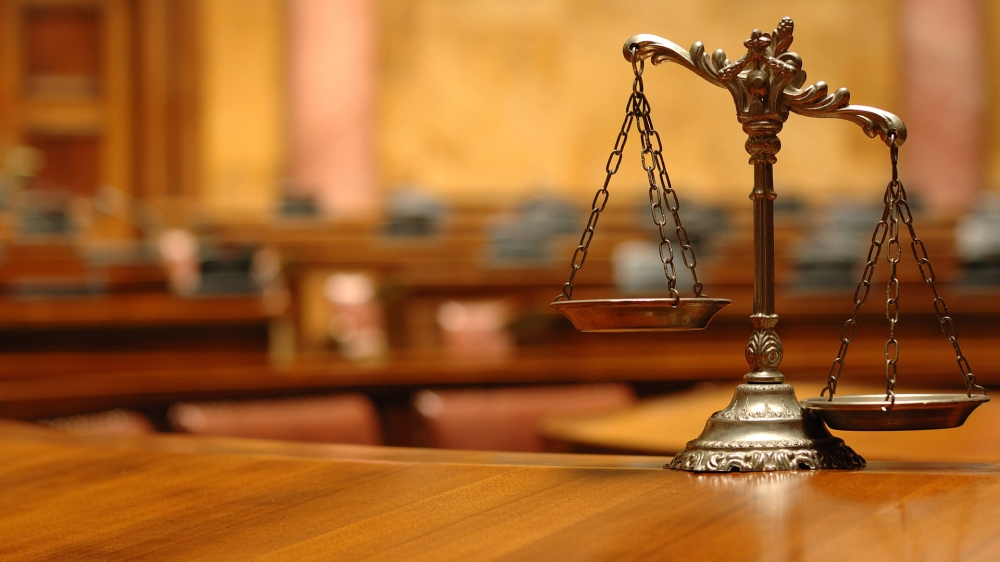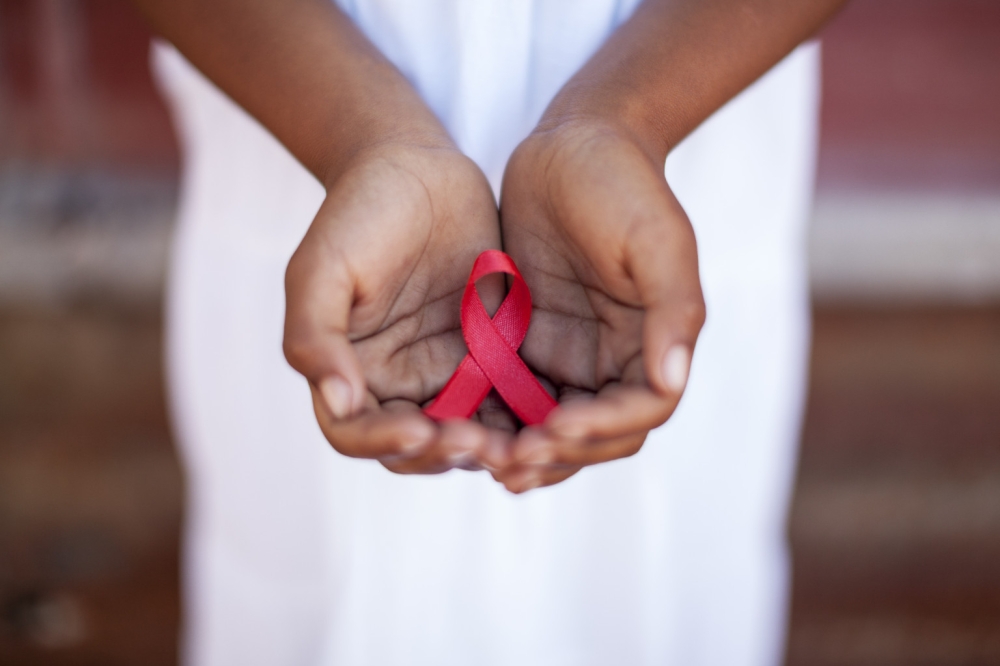Culture comprises of norms and beliefs that define a specific group of people. In the earlier times during the era of our ancestors, the local community played the primary role of maintaining social order.


Culture comprises of norms and beliefs that define a specific group of people. In the earlier times during the era of our ancestors, the local community played the primary role of maintaining social order. When people had problems or conflicts, a council of elders would assemble to reach a fair settlement without having to take sides. For one to be a member of the council of elders, they had to maintain integrity. The courts where theses elders would settle disputes were called Gacaca. It’s the same process that was used to settle genocide cases.The Gacaca court is part of a system of community justice inspired by tradition that was re-established in 2001 to handle the cases of 1994 Genocide against the Tutsi.Usually in these courts, punishment was not the main priority; the main focus was reconciling both parties in the conflict before they could find a way to solve a problem. I recall times when my siblings and I had disagreements; we would all run to an elder to report our case. In most cases, we always wanted the elder to believe our side of the story. As we argued out our cases, we tried to remain as eloquent as possible in order to prove our innocence. However, in the case of my father, the youngest of us, would always be the innocent one. And since I was the eldest daughter, of course I would always be the guilty one. Something I will never forget was when my grandfather tried to settle our disputes. He always first told us to hug one another for a minute and profess our love for one another. Amidst all the rage, several ‘I Love you’s’ would float in the air. There was no dodging this in the presence of our highly respected and elderly grandfather. After the hug, he would sit us down and that is when we narrated to him what exactly happened. The beauty in it all was that he listened to us calmly and he would not take sides. He would tell us that we were all wrong, and then he would tell us to respect one another because with love and respect we would not hurt each other. At the time, I did not understand the point of solving our disputes that way but today, I clearly see that my grandfather was passing on the culture of solving conflicts in a calm and respectful manner. Probably he was teaching us conflict resolution skills that would come in handy when we were older.






